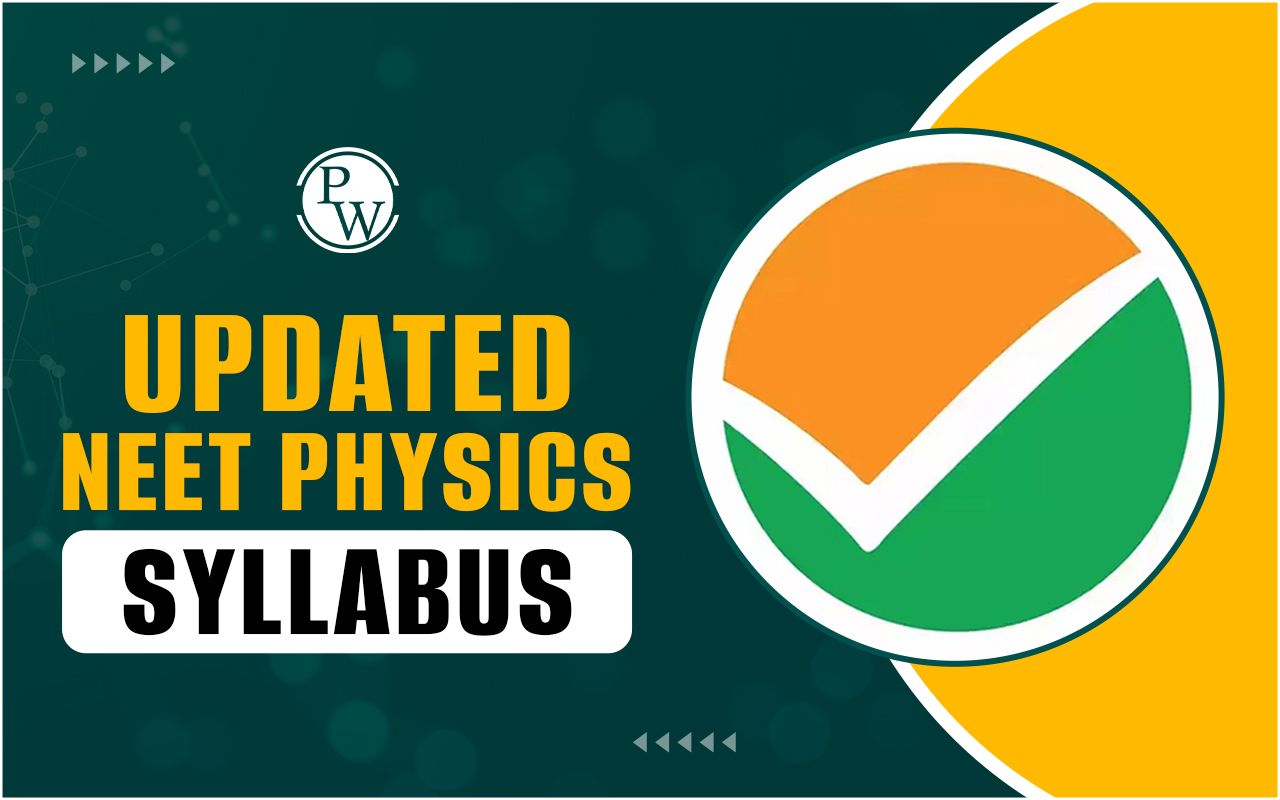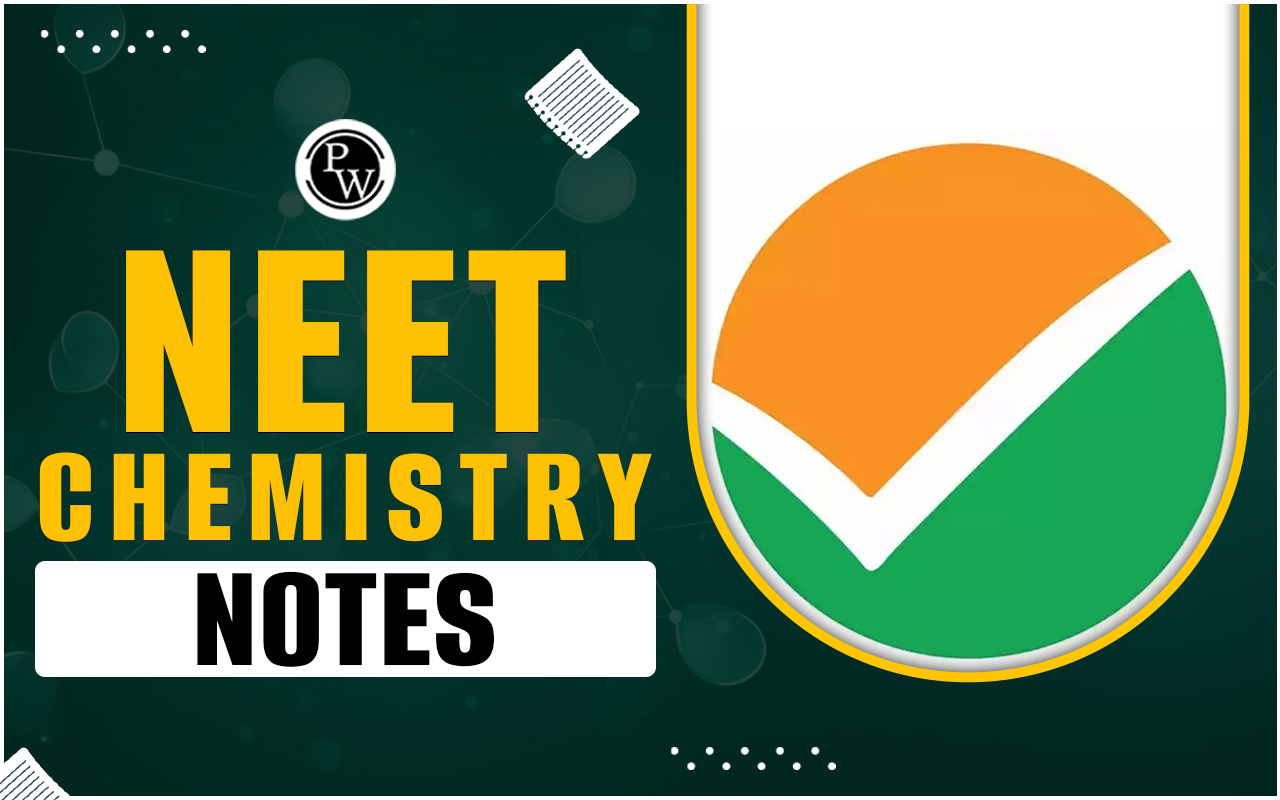
Difference between Petrol and Diesel Engine : Understanding the difference between petrol and diesel engines is not just about understanding how vehicles run, it's important from the NEET syllabus point of view.
| NEET Chemistry Syllabus | NEET Chemistry Important Questions with Answers |
| NEET Chemistry Chapter wise Weightage | NEET Chemistry MCQs |
| NEET Chemistry Notes | NEET Chemistry Formulas |
Difference between Petrol and Diesel Engine Overview
Petrol and diesel engines are different in how they run a car. Petrol engines use spark plugs to start, while diesel engines use compression. Diesel engines are tough and last longer, great for long trips or heavy loads. Petrol engines are smoother and better for short drives. Diesel fuel is usually cheaper because it's made differently. Choosing between them depends on how you use your car. If you do lots of long trips, a diesel engine might be better. For short drives, a petrol engine is usually fine. Understanding these differences helps pick the engine that fits your needs.Difference between Petrol and Diesel Engine
Here is the table provided below for understanding the Difference between Petrol and Diesel Engine based on all the parameters. NEET aspirants can check it out and improve their chances of securing more marks in the exam because questions may be asked from this section.| Difference between Petrol and Diesel Engine | ||
|---|---|---|
| Parameters | Petrol Engine | Diesel Engine |
| Ignition | Ignited by spark plug | Ignited by compression (no spark plug) |
| Combustion | Homogeneous (mixing of fuel and air before ignition) | Heterogeneous (air compressed first, then fuel injected) |
| Fuel | Petrol (gasoline) | Diesel |
| Compression Ratio | Lower compression ratio (typically 8:1 to 12:1) | Higher compression ratio (typically 15:1 to 23:1) |
| Efficiency | Generally lower efficiency | Generally higher efficiency |
| Power Output | Higher power output at higher RPM | Higher torque at lower RPM, suitable for heavy-duty applications |
| Fuel Economy | Generally better fuel economy | Generally better fuel efficiency under heavy loads |
| Vibration and Noise | Smoother operation with less vibration and noise | Higher vibration and noise levels |
| Maintenance | Lower maintenance costs | Higher maintenance costs, but longer-lasting components |
| Initial Cost | Generally lower initial cost | Generally higher initial cost |
Petrol Engine Definition
A petrol engine is a type of internal combustion engine that runs on petrol (gasoline) fuel. It ignites the fuel-air mixture using spark plugs. These engines are common in cars and are known for their smoother operation at higher revolutions per minute (RPM). An example of a petrol engine is the one found in most typical cars, such as those powered by a four-cylinder or six-cylinder petrol engine.Diesel Engine Definition
A diesel engine is another type of internal combustion engine, but it runs on diesel fuel. Unlike petrol engines, diesel engines ignite the fuel through compression without spark plugs. Diesel engines are known for their fuel efficiency and higher torque, making them suitable for heavy-duty vehicles and long-distance travel. An example of a diesel engine is found in trucks, buses, and some passenger cars, featuring models like a turbocharged diesel engine.Difference between Petrol and Diesel Engine FAQs
What is the major difference between petrol and diesel engines?
The primary distinction lies in the ignition process. Petrol engines use spark plugs for ignition, whereas diesel engines rely on compression for spontaneous ignition. Additionally, petrol engines have a homogeneous combustion process, while diesel engines have heterogeneous combustion.
Which engine life is better petrol or diesel?
Diesel engines generally have a longer lifespan than petrol engines. The robust construction and higher compression ratios in diesel engines contribute to their durability and longevity.
What is the difference between diesel engine and gasoline engine?
The main difference is the ignition method. Diesel engines rely on compressing air to ignite the fuel, while gasoline engines use spark plugs. Diesel engines often have higher compression ratios, leading to greater efficiency and torque.
Which engine is best for car?
The choice between petrol and diesel engines depends on individual preferences and usage. Petrol engines are generally preferred for short-distance commuting, while diesel engines, with their fuel efficiency and torque, are favored for long-distance and heavy-duty applications.
Why diesel is cheaper than petrol?
Diesel is often cheaper than petrol due to differences in production costs, refining processes, and taxation policies. Additionally, diesel has a higher energy content per liter, making it more fuel-efficient and cost-effective for certain applications. The pricing, however, can vary based on regional factors and government policies.
Talk to a counsellorHave doubts? Our support team will be happy to assist you!

Check out these Related Articles
Free Learning Resources
PW Books
Notes (Class 10-12)
PW Study Materials
Notes (Class 6-9)
Ncert Solutions
Govt Exams
Class 6th to 12th Online Courses
Govt Job Exams Courses
UPSC Coaching
Defence Exam Coaching
Gate Exam Coaching
Other Exams
Know about Physics Wallah
Physics Wallah is an Indian edtech platform that provides accessible & comprehensive learning experiences to students from Class 6th to postgraduate level. We also provide extensive NCERT solutions, sample paper, NEET, JEE Mains, BITSAT previous year papers & more such resources to students. Physics Wallah also caters to over 3.5 million registered students and over 78 lakh+ Youtube subscribers with 4.8 rating on its app.
We Stand Out because
We provide students with intensive courses with India’s qualified & experienced faculties & mentors. PW strives to make the learning experience comprehensive and accessible for students of all sections of society. We believe in empowering every single student who couldn't dream of a good career in engineering and medical field earlier.
Our Key Focus Areas
Physics Wallah's main focus is to make the learning experience as economical as possible for all students. With our affordable courses like Lakshya, Udaan and Arjuna and many others, we have been able to provide a platform for lakhs of aspirants. From providing Chemistry, Maths, Physics formula to giving e-books of eminent authors like RD Sharma, RS Aggarwal and Lakhmir Singh, PW focuses on every single student's need for preparation.
What Makes Us Different
Physics Wallah strives to develop a comprehensive pedagogical structure for students, where they get a state-of-the-art learning experience with study material and resources. Apart from catering students preparing for JEE Mains and NEET, PW also provides study material for each state board like Uttar Pradesh, Bihar, and others
Copyright © 2026 Physicswallah Limited All rights reserved.









